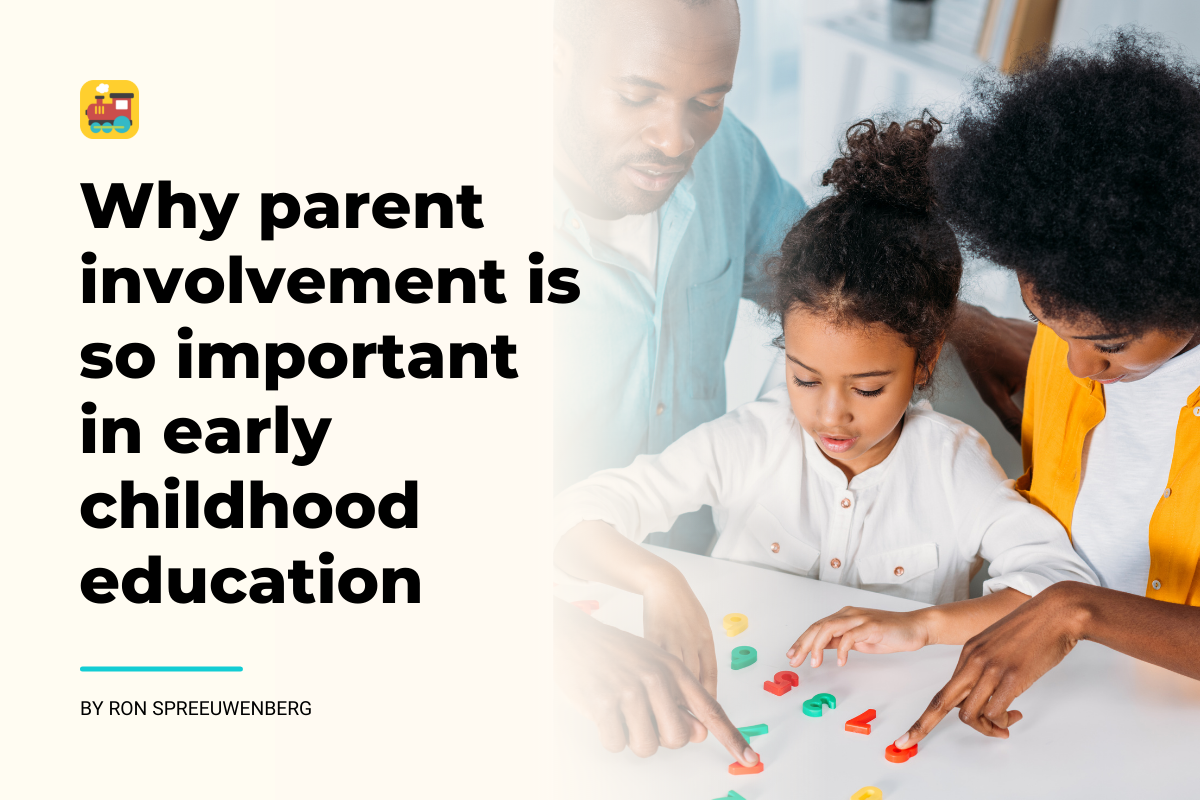Early childhood education is a crucial stage in a child’s development, and research has shown that parental involvement plays a significant role in a child’s academic and social success. Parents are their child’s first teachers, and their involvement in their child’s education can have a lasting impact on their future success.
Benefits of Parental Involvement
There are numerous benefits of parental involvement in early childhood education. When parents are actively involved in their child’s education, children are more likely to perform better in school, have higher self-esteem, and exhibit better behavior. Parental involvement also fosters a positive parent-child relationship and creates a supportive learning environment at home.
Supporting Learning at Home
Parents can support their child’s learning at home by reading to them regularly, helping them with homework, and engaging in educational activities together. By creating a routine for learning at home, parents can instill a love for learning in their child and help them develop important academic skills.
Building Strong Communication Skills
When parents are involved in their child’s education, they communicate the value of education and show their child that they care about their academic success. Strong communication skills between parents and teachers also benefit the child, as parents can stay informed about their child’s progress and address any concerns promptly.
Ways Parents Can Get Involved
There are numerous ways for parents to get involved in their child’s early childhood education. Some examples include:
Attending parent-teacher conferences
Volunteering in the classroom
Joining the school’s parent-teacher association
Participating in school events and activities
Creating a supportive learning environment at home
By taking an active role in their child’s education, parents can support their child’s learning and development both in and out of the classroom.
Challenges of Parental Involvement
While parental involvement in early childhood education is important, it is not always easy for parents to be actively involved. Some challenges that parents may face include busy work schedules, lack of resources, and language barriers. However, it is important for parents to find ways to overcome these challenges and prioritize their child’s education.
Overcoming Challenges
Parents can overcome challenges to involvement by communicating with their child’s teacher about their availability, seeking out resources and support from the school or community, and finding creative ways to stay involved in their child’s education, such as reading to their child over video calls or engaging in educational activities during weekends.
Conclusion
Parental involvement in early childhood education is crucial for a child’s academic success and social development. By supporting learning at home, building strong communication skills, and finding ways to get involved in their child’s education, parents can create a positive and supportive learning environment that sets their child up for future success.
It is important for parents to prioritize their child’s education and find ways to overcome challenges to involvement, as the benefits of active parental involvement in early childhood education are numerous and long-lasting.
